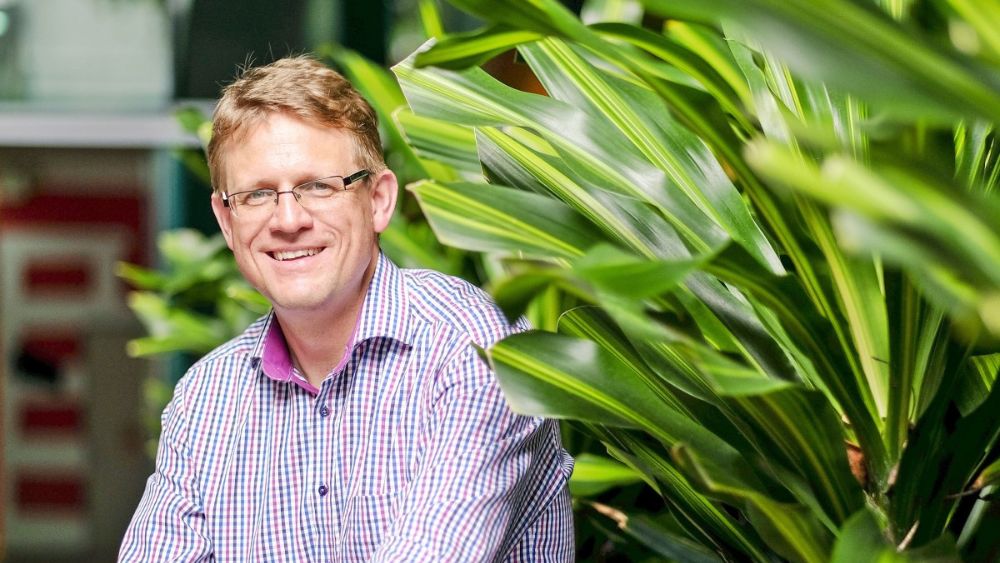Preventing and Reducing Burnout with Mindfulness
What role does mindfulness play in preventing and reducing burnout? Jochen Reb, Associate Professor of Organisational Behaviour & Human Resources and the Director of the Mindfulness Initiative @ SMU, explains how mindfulness practices can help individuals manage stress, enhance focus, and improve overall well-being. Citing research-backed benefits, he provides tips on incorporating mindfulness techniques into daily routines and in the workplace, promoting a healthier and more balanced lifestyle.
In 2019, the World Health Organization recognised “burnout” for the first time in its International Classification of Diseases, which is widely used as a benchmark for diagnosis and health insurers. The condition is characterised by feelings of energy depletion or exhaustion; increased mental distance or negativism towards one’s job; and reduced professional efficacy.
One way to combat burnout is with the practice of mindfulness, in which you learn to focus on being aware of what you’re sensing and feeling in the moment, without interpretation or judgment. It is a mindset traditionally associated with meditation, but in the modern context encompasses a wide variety of other exercises.
Mindfulness does not prevent stress
How does mindfulness help with burnout? “It would be wrong to assume that mindful individuals never experience exhaustion or stress,” says Jochen Reb, Associate Professor of Organisational Behaviour & Human Resources at Singapore Management University’s Lee Kong Chian School of Business. He is also and the Director of the Mindfulness Initiative @ SMU, which engages in research, education, and outreach on mindfulness.

“Rather, when someone starts to practise mindfulness, what appears to change is how the person relates to their experiences,” he explains. “Research suggests that mindful individuals relate to their experiences with more presence, openness, and acceptance, and less judgment, suppression, and rejection.”
In the workplace, for instance, a mindful employee may still experience negative emotions, but less intensely and for shorter periods of time. He may be more resilient, in the sense that he can recover from negative experiences more quickly. He may also be more able to respond thoughtfully to frustrations and conflicts, and thus make better decisions and achieve better outcomes.
Lead better
Mindfulness can also lead to better leadership, which then has a multiplier effect. “Our research suggests that mindful leaders feel more authentic and are also perceived as more supportive and effective by their employees,” says Assoc Prof Reb. “The job performance and well-being of employees with mindful leaders also improve. This includes lower levels of emotional exhaustion (a core dimension of burnout), job satisfaction, and even work-life balance.”
With so many benefits, organisations may well want to look into reconfiguring their training programmes to include mindfulness courses, and providing staff with space and time to practise mindfulness.
Train to be mindful
Individuals can also take proactive steps if they want to begin a mindfulness practice. “My recommendation is to take mindfulness courses led by skilled facilitators, such as the Mindfulness-Based Stress Reduction (MBSR) and Mindfulness-Based Strategic Awareness Training (MBSAT) courses we offer at the Mindfulness Initiative @ SMU,” says Assoc Prof Reb. “It is easier for beginners to learn in this way.”
Those who want to pre-empt or combat burnout can also try to incorporate mindfulness into these three daily activities.
Eating mindfully
When you’re eating, don’t check your phone, watch TV or pursue any other distractions. Instead, “open up all your senses to the experience of eating or drinking and fully immerse yourself in the experience,” Assoc Prof Reb suggests. “Doing so can provide a wonderful respite from work and refresh the mind.”
Walking mindfully
Next, when you’re walking somewhere, “let go of all thoughts and worries about work and shift your attention to the sensations of walking and the environment around you, without any particular attempt to notice anything special”, he continues. Normally, when we walk we do so instrumentally, trying to quickly arrive at our destination, which is very different from mindful walking. “This kind of walking can help you to decentre from your work, take a step back and see things from a broader, more open perspective.”
Breathing mindfully
And finally, take a deep mindful breath every once in a while (especially if you’re in a challenging situation). Check in with yourself: Are you stressed in the moment? Can you try to let go of the tension by taking a few more relaxed deep breaths? “And when you feel better, you can continue with your work,” suggests Assoc Prof Reb.
Such exercises help to focus the mind on appreciating the present moment. If you’re already burned out, that means letting yourself take a break from gloomy thoughts and worries, and opening up space for more positive thoughts and emotions.
Practising mindfulness also helps people become more aware of the ever-changing nature of one’s thoughts and emotions, says Assoc Prof Reb. “Thus, mindful employees can better relate to their stress and exhaustion as something that comes and goes again, removing some of the disabling concern that the condition will not improve.”




